Vision plays an important part in your child’s social and educational development, so it’s important to keep on top of their eye health.
Optometrists at Specsavers have answered the most common questions parents have about their childrens eyes.
Why are eye checks important for my child?
Vision plays an important part in your child’s social and educational development, so it’s important to keep on top of their eye health. Learning difficulties can sometimes be caused by uncorrected vision problems, so the earlier they can be detected, the better the chance of correcting them.
How often should I have my child’s eyes checked?
We advise that children should have their first eye health check at around three years old and every two years from then onwards, but more often if the optometrist recommends it or if you notice any tell-tale signs that there might be something wrong with your child’s eyes. Even if their eyes seem fine and they don’t need glasses, a routine eye health check every two years doesn’t just test your child’s vision but can also detect many other health conditions.
Are there common eye conditions in children that I should be aware of?
Children who have eye conditions are most likely to have one of the following:
[pdf-embedder url=”https://kidspot.co.nz/wp-content/uploads/2019/01/5-Common-Childrens-Eye-Conditions.pdf” title=”5 Common Children’s Eye Conditions”]
How do I know if my child needs an eye test?
While we recommend that parents take their children in for an eye health check routinely from the age of 3, there are several things to look out for that may be signs there is something wrong with your child’s vision:
- Straining their eyes or tilting their head to see better
- Frequently rubbing their eyes
- Losing their place while reading or using a finger to guide their reading
- Overly sensitive to light or experiences excessive tearing in bright conditions
- Falling behind in school
- Complaining of headaches or tired eyes
- Consistently sitting too close to the TV or holding a book too close
- Avoids activities which require near vision, such as reading or homework; or distance vision such as participating in sports or other recreational activities
- Closes one eye to read, watch TV or see better
- Avoids using a computer or tablet because it hurts their eyes
My child is starting pre-school soon, will they test their eyes there?
There’s a chance that the test could be a simple vision screening test rather than a comprehensive eye health check. Eye health checks are free at Specsavers for all under 16s and only take around 20 minutes so if in doubt, book in your child to see your local optometrist.
How do I choose the best pair of glasses for my child?
If your child requires glasses following their eye health check, a trained dispenser will help you and your child find glasses that are right for your child’s needs. At Specsavers, our children’s ranges are specially made with kids in mind, featuring designs from popular brands such as Disney, Star Wars and Marvel. You may also wish to consider options such as UV coatings on the lenses and flexi frames, which can survive being squashed in a school bag.
How do I protect my child’s eyes during summer?
While many parents reach for hats, sunblock and rash shirts to protect their child’s skin from the sun’s harmful UV rays in summer, sunglasses are commonly overlooked with kids, but are very important for protecting young eyes. Next time you put sunglasses on yourself, remember to also put them on your child. If they wear glasses, you could also look at having an invisible UV coating put on them or you could invest in transitions, which sees the glasses lenses transitioning into sunglass lenses when your child goes outside. Prescription sun glasses are also available – and at Specsavers are included in the two for one price.
Questions were provided by Kidspot parents and answered by Specsavers

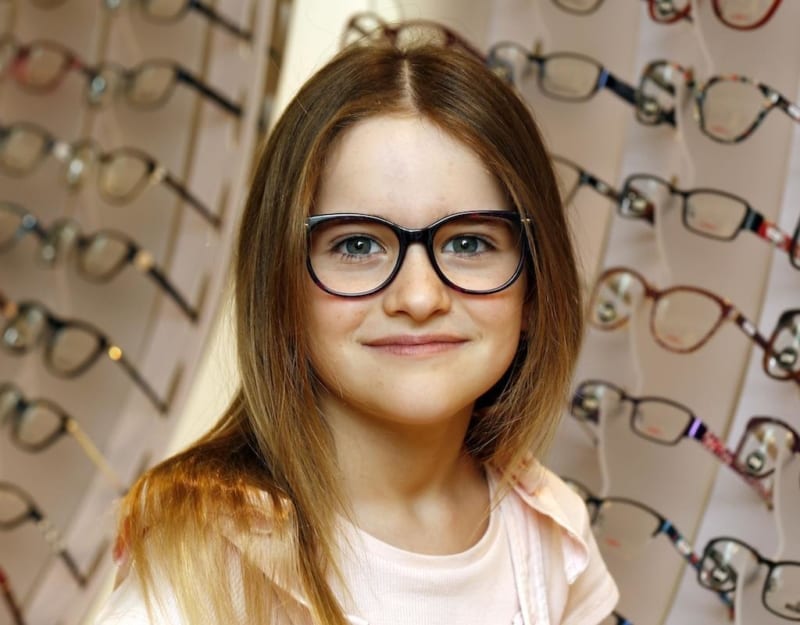
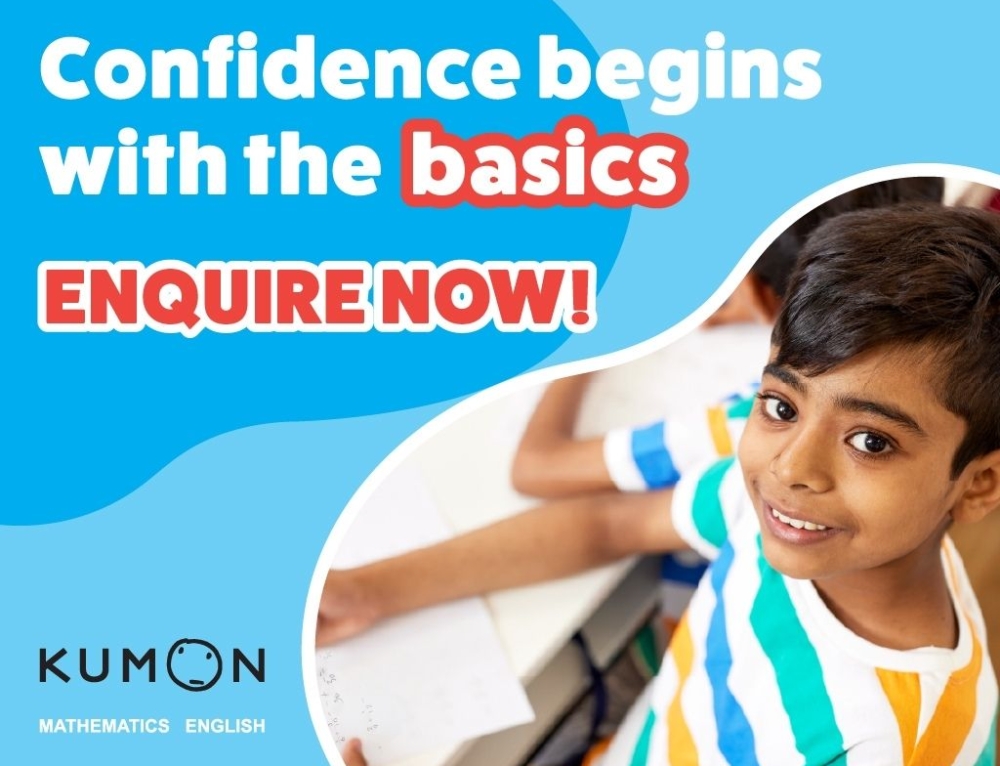
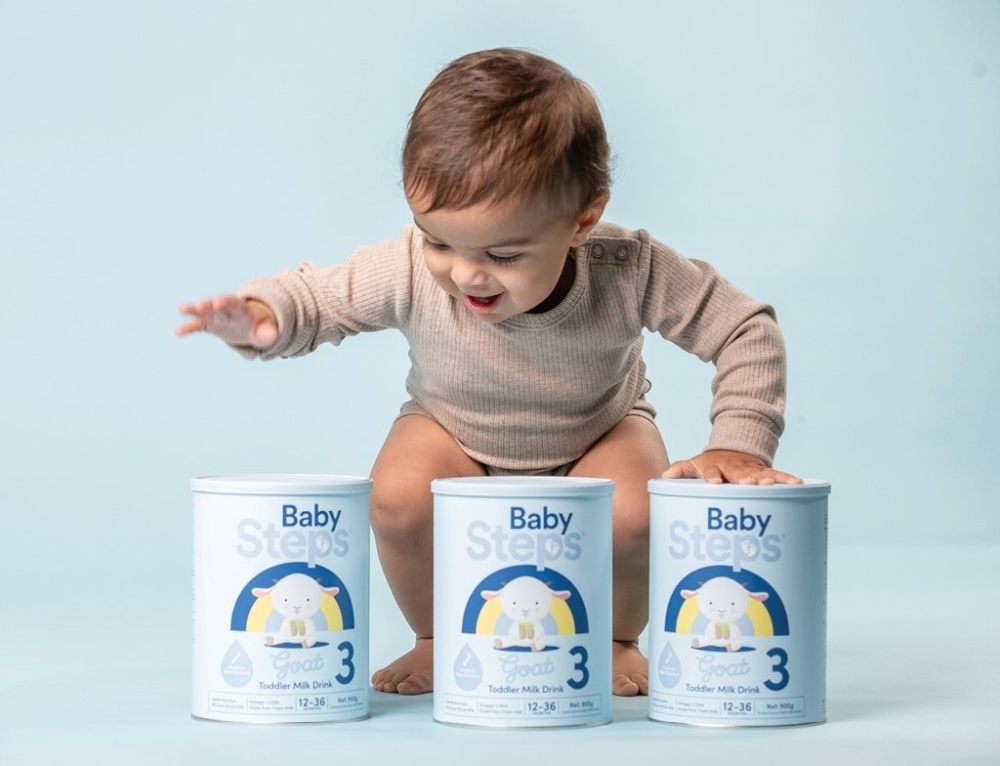
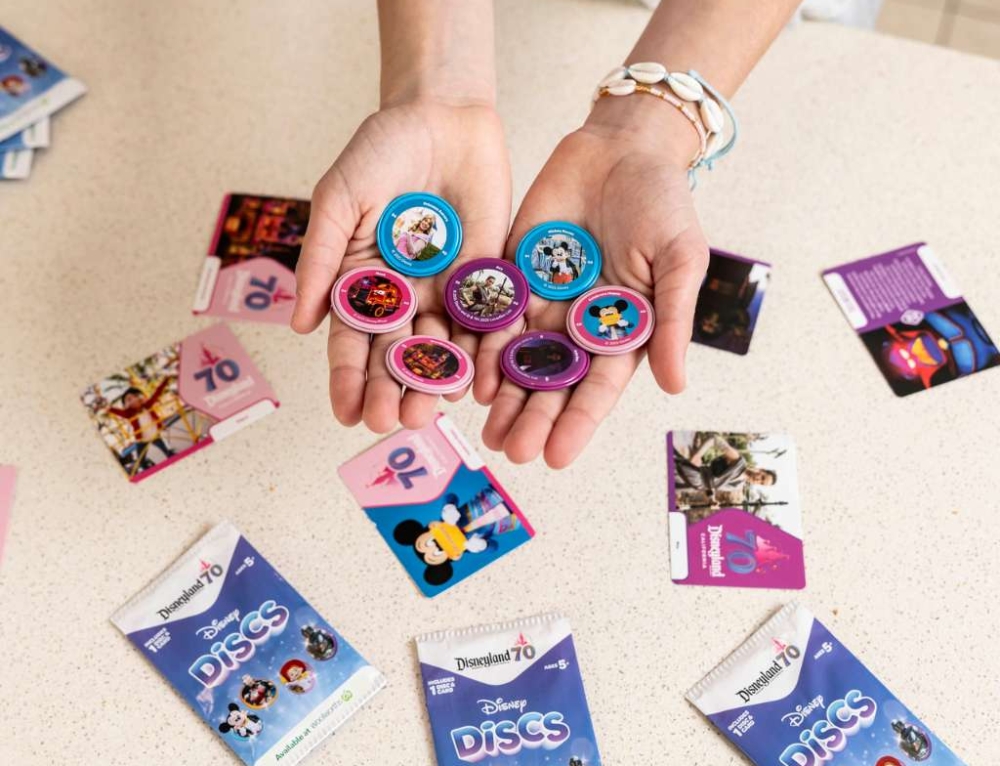
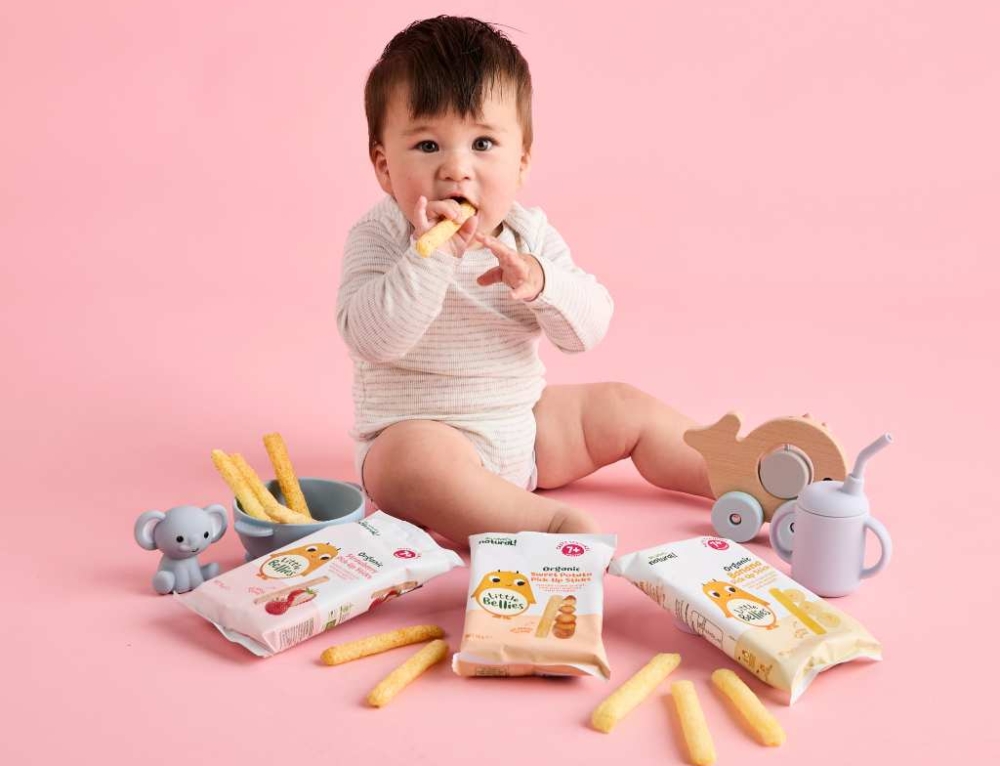
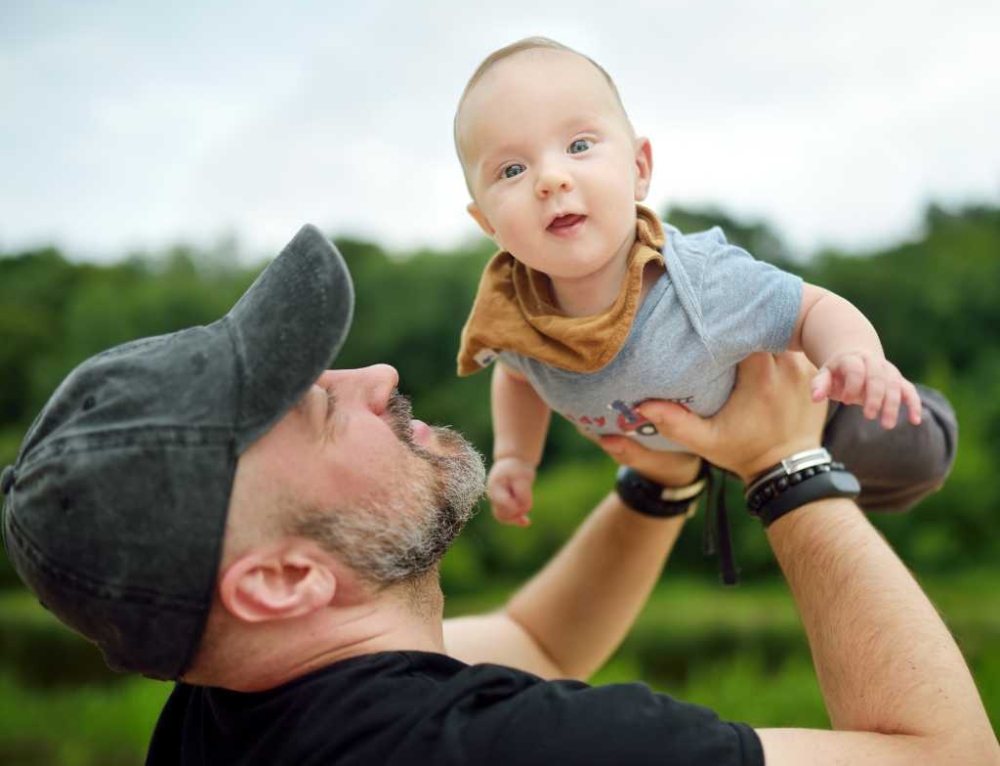
Leave A Comment
You must be logged in to post a comment.